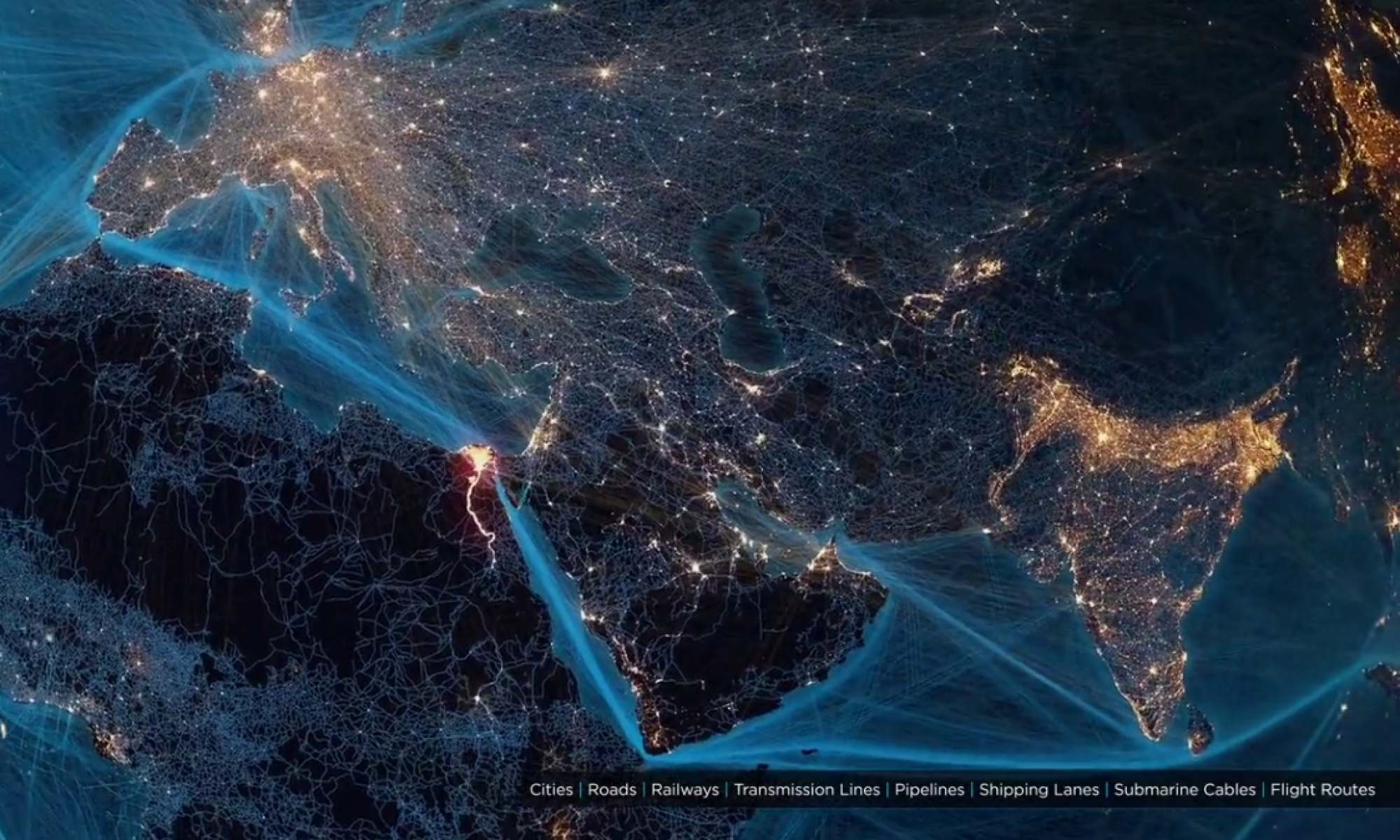There is a black hole in climate research, ecological economics and Earth system models: The corporation. Of course, corporations are recognized as actors, but what happens inside the corporation is normally not included in the macro-scale perspective that most Earth sciences research in the broadest sense adopts. Even when critics claim that the ‘anthropocene’ should …
Continue reading "The modern corporation: centre of power in the technosphere"

You must be logged in to post a comment.